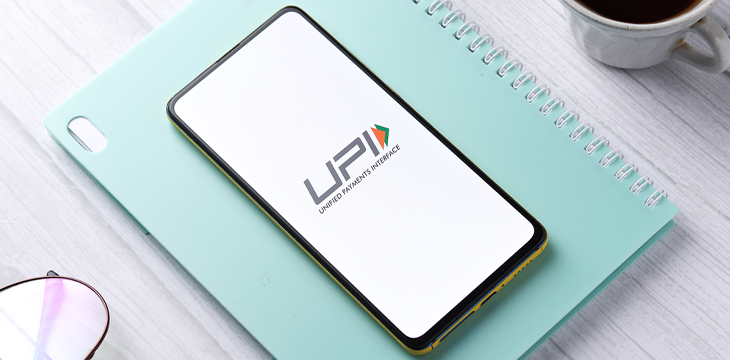|
Getting your Trinity Audio player ready...
|
India’s NPCI International Payments Limited (NIPL), a wholly-owned subsidiary of the National Payments Corporation of India (NPCI), has signed an agreement with Qatar National Bank (QNB) Group to introduce Unified Payments Interface (UPI) payments across the country.
Enabling UPI payment acceptance in Qatar through the QNB merchant network is expected to significantly benefit Indian travelers visiting and transiting through the country.
The partnership is of particular significance considering that Indians rank as the second largest international visitors to Qatar, UPI said in a statement. As a result, the partnership will provide Indian tourists with the option to use the UPI payment method across retail stores, tourist attractions, leisure sites, duty-free shops, and hotels.
Moreover, by adopting UPI payments, merchants in Qatar are expected to offer a faster and more convenient payment and checkout process, which is likely to improve customer satisfaction and open up opportunities for businesses across the country.
“We believe that enabling UPI acceptance in Qatar will offer substantial benefits to the large number of Indians visiting the country, simplifying their transactions, and ensuring a hassle-free travel experience abroad. Additionally, merchants in Qatar will greatly benefit from UPI, gaining access to a wider customer base and more efficient payment and collection processing,” said Anubhav Sharma, Deputy Chief – Partnerships and Business Development, NPCI International.
Launched in 2016, UPI has become popular as a single mobile application for accessing different bank accounts. It has expanded to UAE, Peru, Mauritius, Sri Lanka, Singapore, France, Bhutan and Nepal, processing over 13 billion monthly transactions.
“With this new digital payment solution acceptance, we are revolutionizing the way transactions are conducted, enhancing the travel experience like never before. We are confident that the strategic initiative will not only elevate the travel and hospitality sectors but also empower local merchants to thrive in a dynamic and increasingly digital marketplace,” said Adel Ali Al-Malki, a senior executive of QNB Group Retail Banking.
QNB Group said it currently ranks as the most valuable bank brand in the Middle East and Africa. The Group extends to more than 28 countries across three continents through its subsidiaries and associate companies. QNB Group has over 30,000 employees operating through 900 locations, with an ATM network of over 5,000 machines.
The Reserve Bank of India (RBI) has been discussing further expanding the reach of UPI with major stakeholders in the ecosystem, including banks, NPCI, third-party application providers, and technology service providers.
The vast success of UPI has given tough competition to India’s central bank digital currency (CBDC), with the RBI struggling to push popularity for the e-rupee.
“While the number of [CBDC] transactions have reached a high of 1 million a day, we still see preference for UPI among the retail users. We, of course, hope that this will change going forward,” RBI Governor Shaktikanta Das said in May.
“We have leveraged the existing merchant infrastructure on the UPI to facilitate CBDC transactions. We have also enabled interoperability of CBDC with UPI,” Das added.
Watch: Universal Blockchain Asset unlocks the future of payment

 02-20-2026
02-20-2026 




